Lithium batteries have emerged as a pivotal component in the modern landscape of energy solutions due to their efficiency and versatility across various applications. From small-scale residential systems to large-scale industrial implementations, the adoption of lithium batteries is rapidly growing. This surge in popularity raises critical considerations regarding the infrastructure needed to optimize their performance, specifically, the type of inverters that should be used with them. In this blog, we will explore the necessity of specialized inverters for lithium batteries, aiming to equip you with the knowledge to make informed decisions about your power systems.
Understanding Lithium Batteries
What Are Lithium Batteries?
Lithium batteries are distinguished from other technologies by their unique chemical composition and operational mechanism. These batteries are based on the movement of lithium ions between the anode and cathode during discharge and charge cycles. This method contrasts the chemical processes used in other battery types, such as lead-acid or nickel-metal hydride. A notable advantage of lithium batteries is their capability to maintain higher energy densities, which translates into a lighter battery that does not sacrifice power capacity or output. This makes them particularly suitable for applications where weight and efficiency are critical factors.
Benefits of Using Lithium Batteries in Power Systems
The integration of lithium batteries into power systems offers many advantages, chiefly characterized by their superior energy density and overall efficiency. These batteries are pivotal in achieving high performance in applications demanding reliable, long-lasting energy solutions. Below are the key benefits:
- High Energy Density: Lithium batteries provide more energy per unit of weight than other types of batteries, making them highly effective in space-constrained applications.
- Enhanced Longevity and Reliability: These batteries are known for their durability and stable performance, which are crucial for systems where consistent energy is needed, such as in renewable energy installations.
- Efficient Over Repeated Charge Cycles: Lithium batteries can endure numerous charge and discharge cycles with minimal loss in capacity. This attribute mainly benefits renewable energy systems that necessitate dependable long-term energy storage.
Their ability to perform reliably over many charge cycles without significant degradation makes them the preferred choice in scenarios where enduring energy storage is essential, like in renewable energy setups.
Typical Applications of Lithium Batteries
Lithium batteries have carved a niche across diverse sectors due to their versatile and efficient characteristics. Their widespread usage is attributed to the following applications:
- Residential Solar Power Systems: They are extensively used to store solar energy efficiently, which can then be utilized when sunlight is unavailable, thereby ensuring a steady power supply.
- Electric Vehicles (EVs): These batteries have significantly benefited the automotive industry. Their compact size and high power output optimize vehicle performance and enhance energy efficiency.
- Portable Electronics: Lithium batteries are essential in mobile phones, laptops, and other portable devices, extending operational times and improving reliability.
The Role of Inverters in Power Systems
What is an Inverter?
The role of an inverter in a power system is crucial as it converts direct current (DC) from batteries or solar panels into alternating current (AC), the form of power required for most household appliances and industrial equipment. The efficiency with which an inverter performs this conversion directly impacts the overall efficiency and reliability of the power system. Therefore, the inverter choice can significantly influence the performance of systems that incorporate battery storage.
Types of Inverters
Inverters come in various forms, including pure sine waves, modified sine waves, and hybrid inverters. Each is suited to different applications and has specific pros and cons. Pure sine wave inverters are generally preferred for their ability to produce a clean and consistent AC output that closely mimics mains electricity, making them ideal for sensitive electronic devices and renewable energy systems. Modified sine wave and hybrid inverters offer more cost-effective solutions but may not provide the same efficiency or compatibility with all devices.
Matching Inverters with Lithium Batteries
Do Lithium Batteries Require Special Inverters?
Lithium batteries necessitate specific technical considerations from the inverters they are paired with, particularly concerning voltage and current management, to optimize battery health and performance. The inverter must integrate seamlessly with the battery management system to prevent overcharging or excessive discharge, which can severely impact the battery’s lifespan and safety.
Features of Lithium-Compatible Inverters
Choosing a suitable inverter for lithium batteries involves looking for features that enhance compatibility, such as advanced charge controllers and customizable settings. These features allow for the precise management of power flow, which is essential for maintaining lithium batteries' health and efficiency. Effective setups often include inverters specifically designed or certified for use with lithium battery technology, as evidenced by multiple case studies and user reports.
Risks of Using Non-Compatible Inverters
Using an inverter not specifically compatible with lithium batteries can lead to operational inefficiencies and potential safety risks. Incompatibility may manifest as poor battery performance, reduced efficiency in energy conversion, and heightened risk of battery damage due to improper charge and discharge cycles. These issues underline the importance of selecting an inverter that matches lithium batteries' technical specifications and operational requirements.

Choosing the Right Inverter for Your Lithium Battery System
Factors to Consider
Selecting the right inverter for your lithium battery system involves thoroughly assessing various technical and practical factors. First and foremost, it is essential to align the battery’s capacity and voltage specifications with the inverter’s output capabilities. For instance, if a battery operates at 48 volts, the inverter must be designed to handle this voltage. Similarly, the battery's capacity, measured in ampere-hours (Ah), should complement the inverter's power output, usually denoted in watts (W) or kilowatts (kW).
Efficiency ratings also play a critical role; these indicate how effectively the inverter converts DC (Direct Current) from the batteries into AC (Alternating Current) with minimal energy loss. High-efficiency inverters not only conserve energy but also reduce the heat generated during operation, which can significantly impact the longevity and safety of the system—additionally, considering the inverter's form factor—whether a standalone unit or a part of a larger power management system—is vital for seamless integration into your existing infrastructure.
Inverter technology varies, with options like pure sine wave inverters, which offer smooth and consistent AC power and are ideal for sensitive electronic devices, and modified sine wave inverters, which are more cost-effective but less efficient. Selecting between these depends on your applications' specific needs and the sensitivity of the connected equipment.

Recommended Inverter Brands and Models
The market is replete with various inverter brands and models, each claiming superiority in certain aspects. Brands like Victron Energy, Schneider Electric, and Outback Power are renowned for their reliability and high compatibility with lithium battery systems. These inverters are designed with advanced features such as remote monitoring capabilities, multiple power modes, and integrated safety mechanisms such as overload protection and automatic shutdown when faults are detected.
For instance, Victron Energy's MultiPlus series offers efficient power conversion and includes features like power assist, which reduces the likelihood of grid or generator overload by adding extra inverter power when needed. On the other hand, Schneider Electric’s Conext series is known for its scalable design, allowing users to expand their systems with ease as their energy requirements grow.
When purchasing an inverter, consider the product specifications and the support and warranty services offered by the manufacturer. Installation flexibility, such as the ability to mount the inverter in various orientations and the availability of compatible accessories, should also influence the decision-making process.
Installation Tips
The proper installation of an inverter is crucial for ensuring optimal performance and longevity of the lithium battery system. It is strongly recommended that the manufacturer's installation guidelines be followed precisely. Key considerations include choosing a well-ventilated area to install the inverter to avoid overheating and ensuring that all electrical connections are tight and secure to prevent potential electrical fires.
Professional installation by a certified electrician or technician is advised, especially for complex systems involving multiple power sources and outputs. Regular maintenance checks, such as inspecting for loose connections and monitoring system performance through diagnostic tools, can prevent issues before they escalate into costly repairs.
Furthermore, integrating intelligent monitoring systems can enhance the operational efficiency of the inverter. These systems track performance metrics in real-time, allowing for immediate adjustments and proactive maintenance, which can significantly extend the service life of the inverter and the connected battery system.
Grasping the dynamics between lithium batteries and inverters is essential for anyone to establish a robust and efficient power system. Selecting the appropriate inverter goes beyond mere technical compatibility; it involves considering how it will interact with the battery to optimize performance, extend lifespan, and ensure safety. It's critical to consider factors such as the inverter's efficiency, ability to handle variable loads, and compatibility with the battery management system. The suitable inverter not only meets the immediate power needs but also enhances the overall sustainability and reliability of the power system. Thus, making an informed choice can significantly impact the operational success and maintenance costs of energy systems that rely on lithium batteries.
Subscribing to updates or consulting with professionals can provide valuable insights and assistance for those looking to deepen their understanding of power systems or enhance their current setups. Whether planning a new installation or upgrading an existing one, expert guidance can help you navigate the complexities of modern power systems.

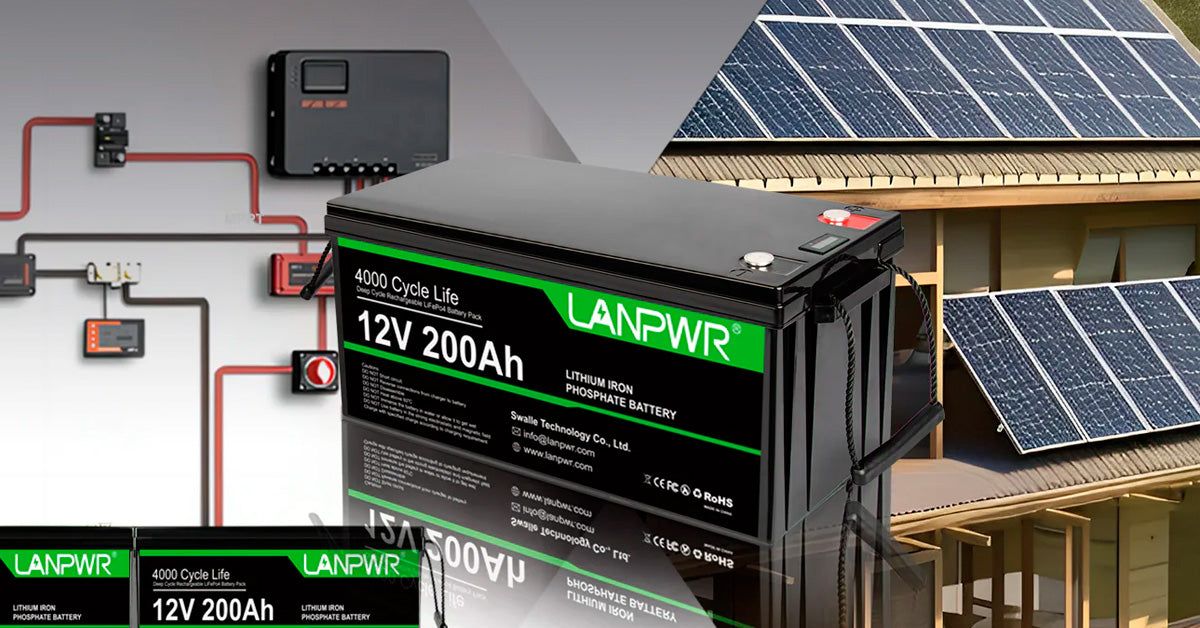
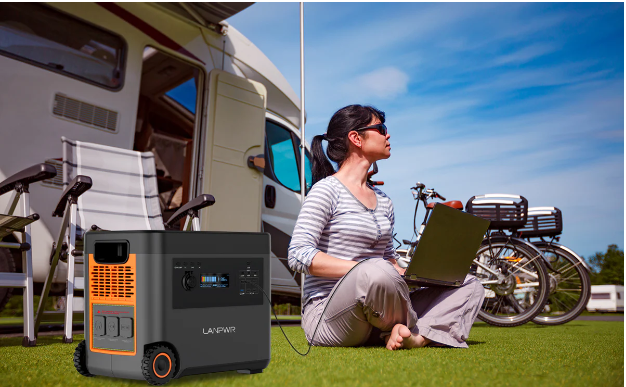
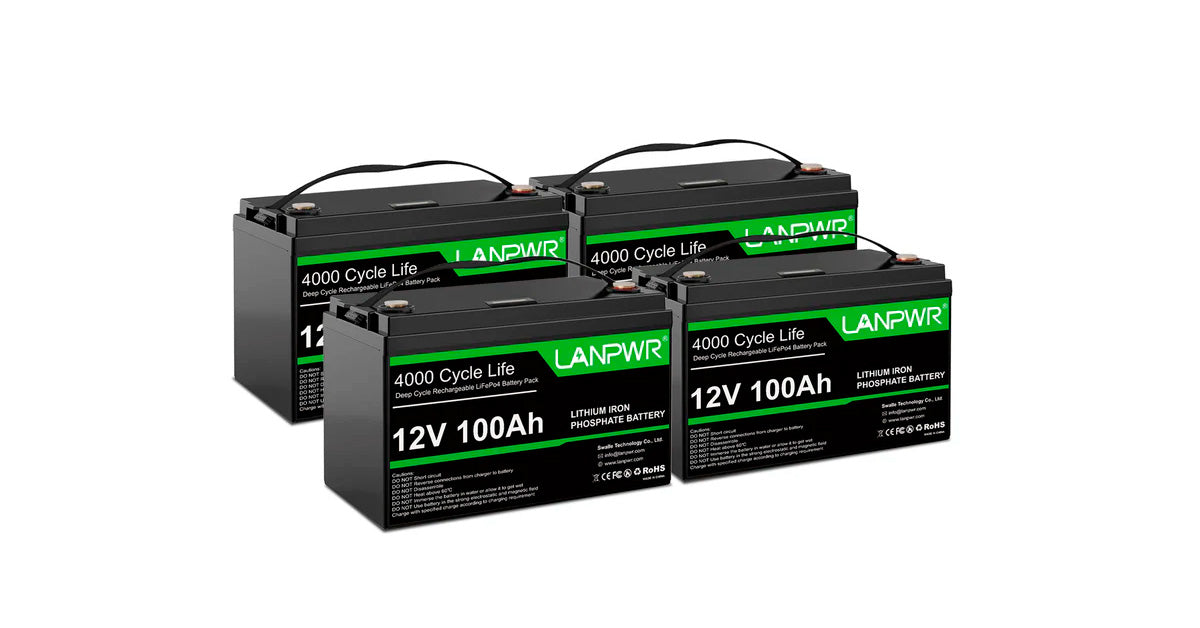
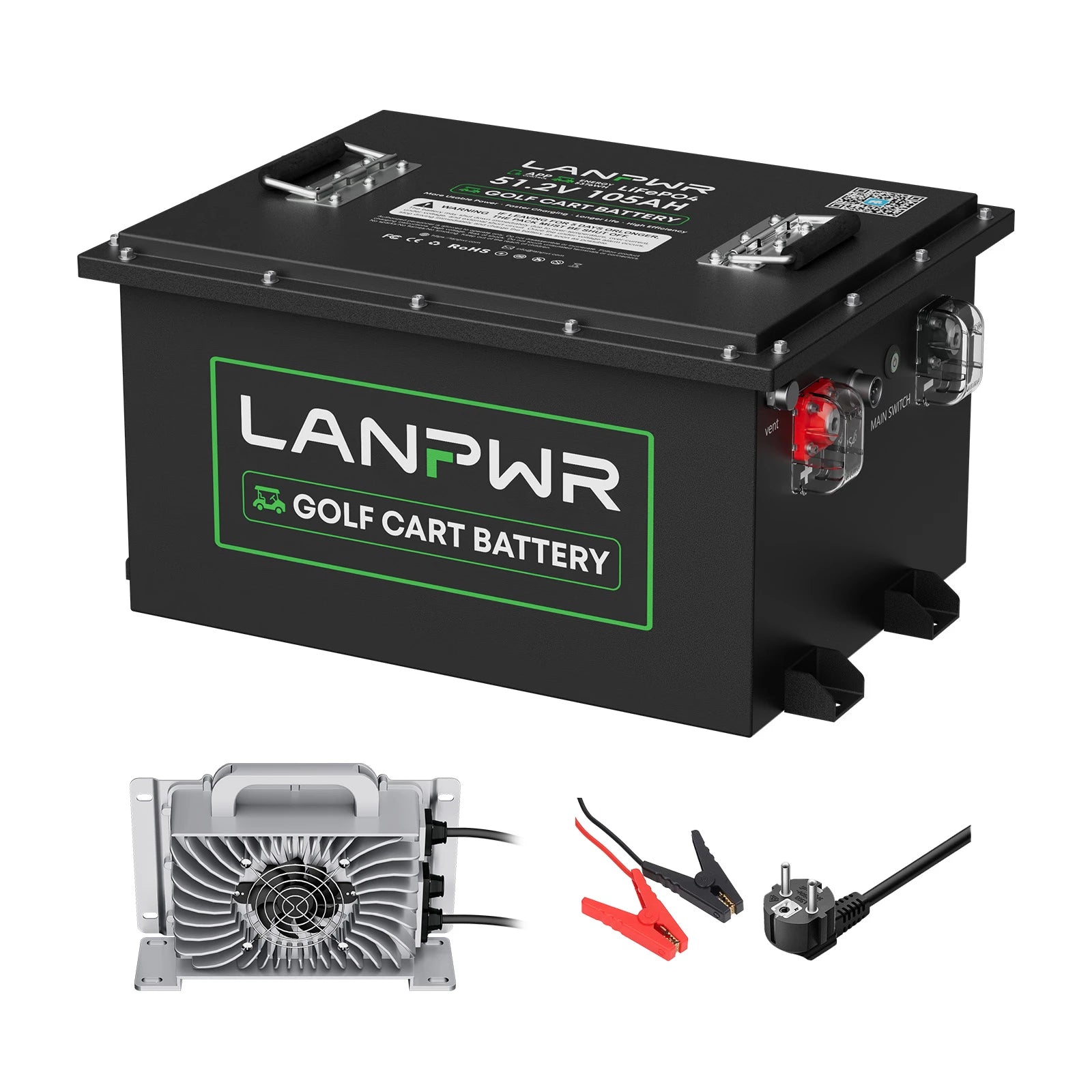
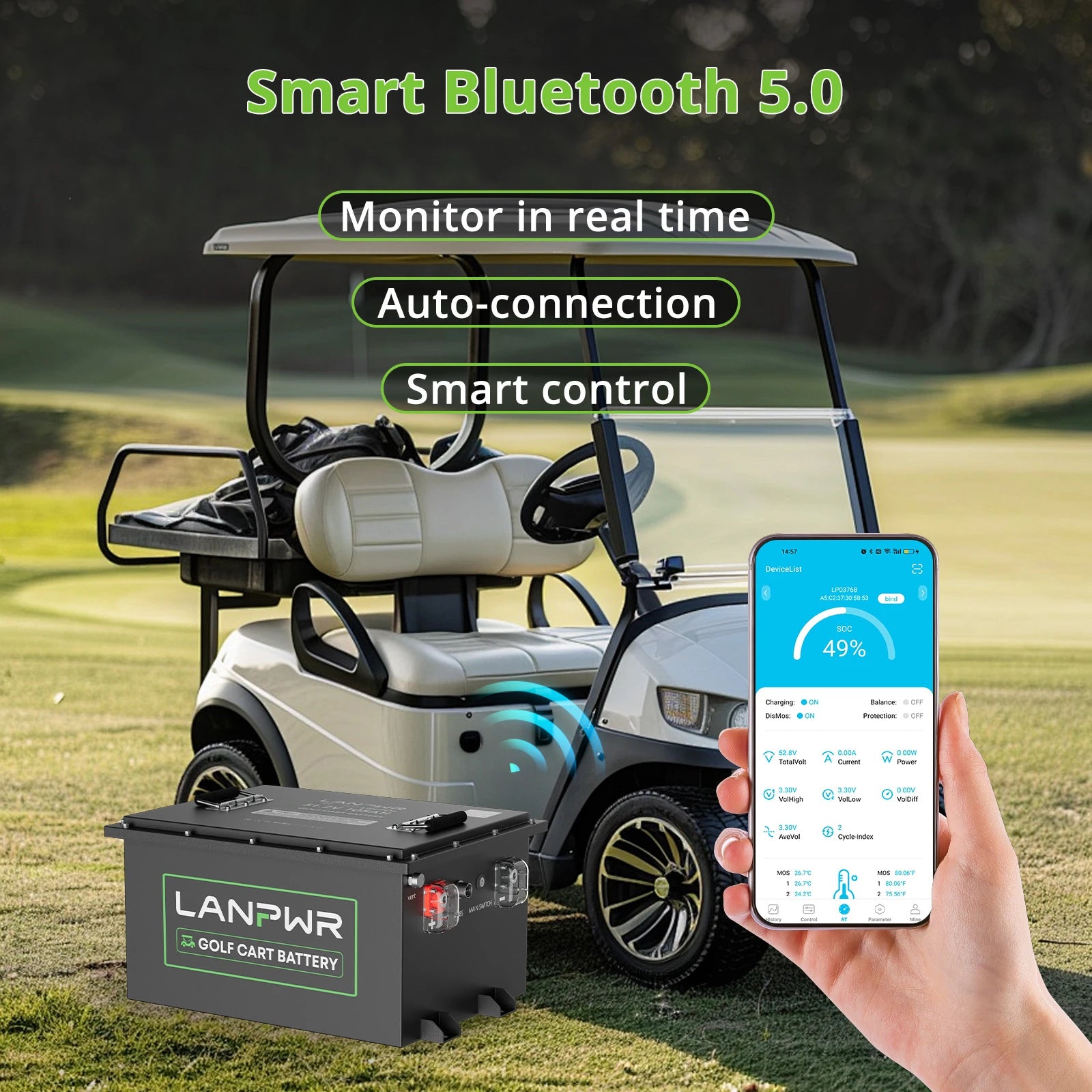
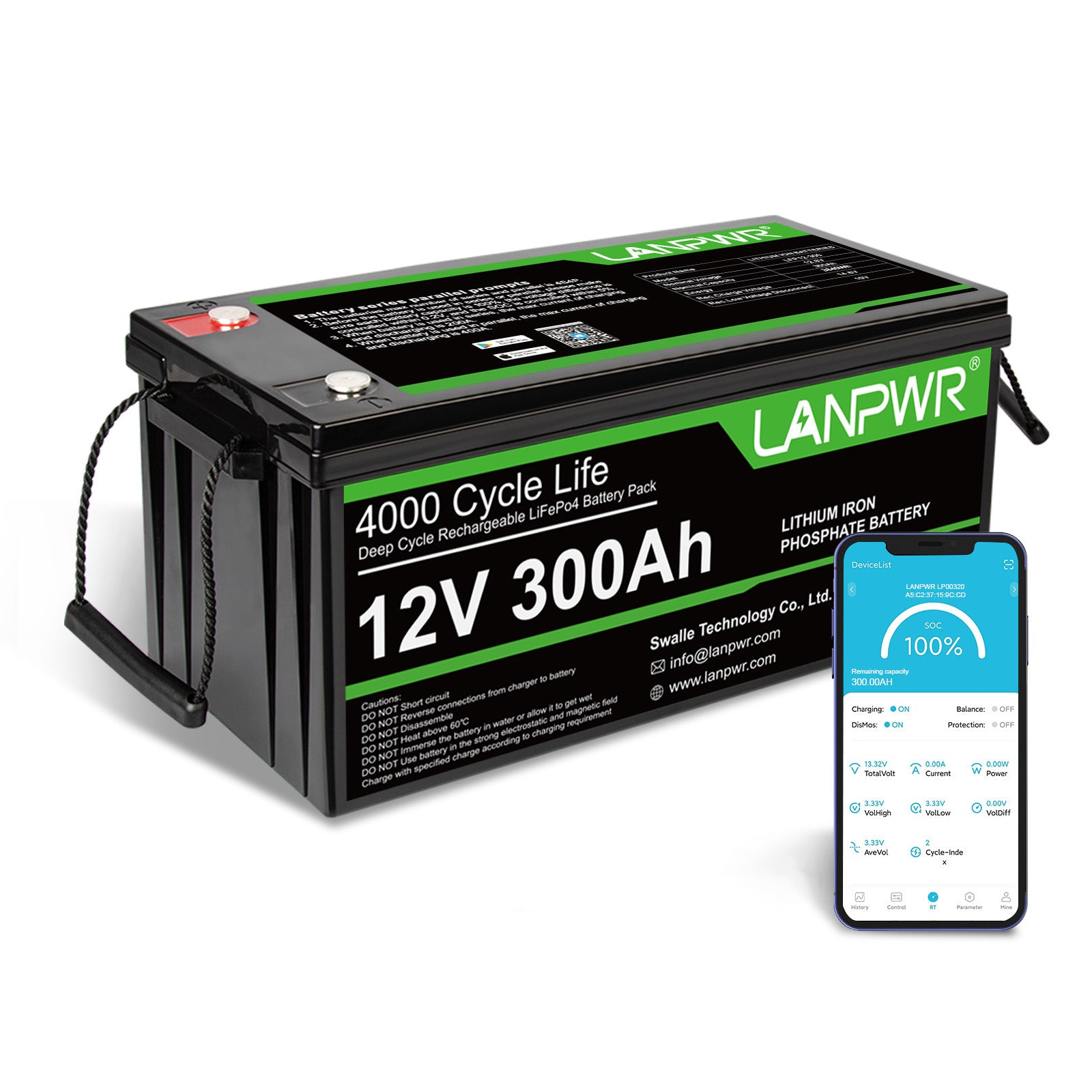
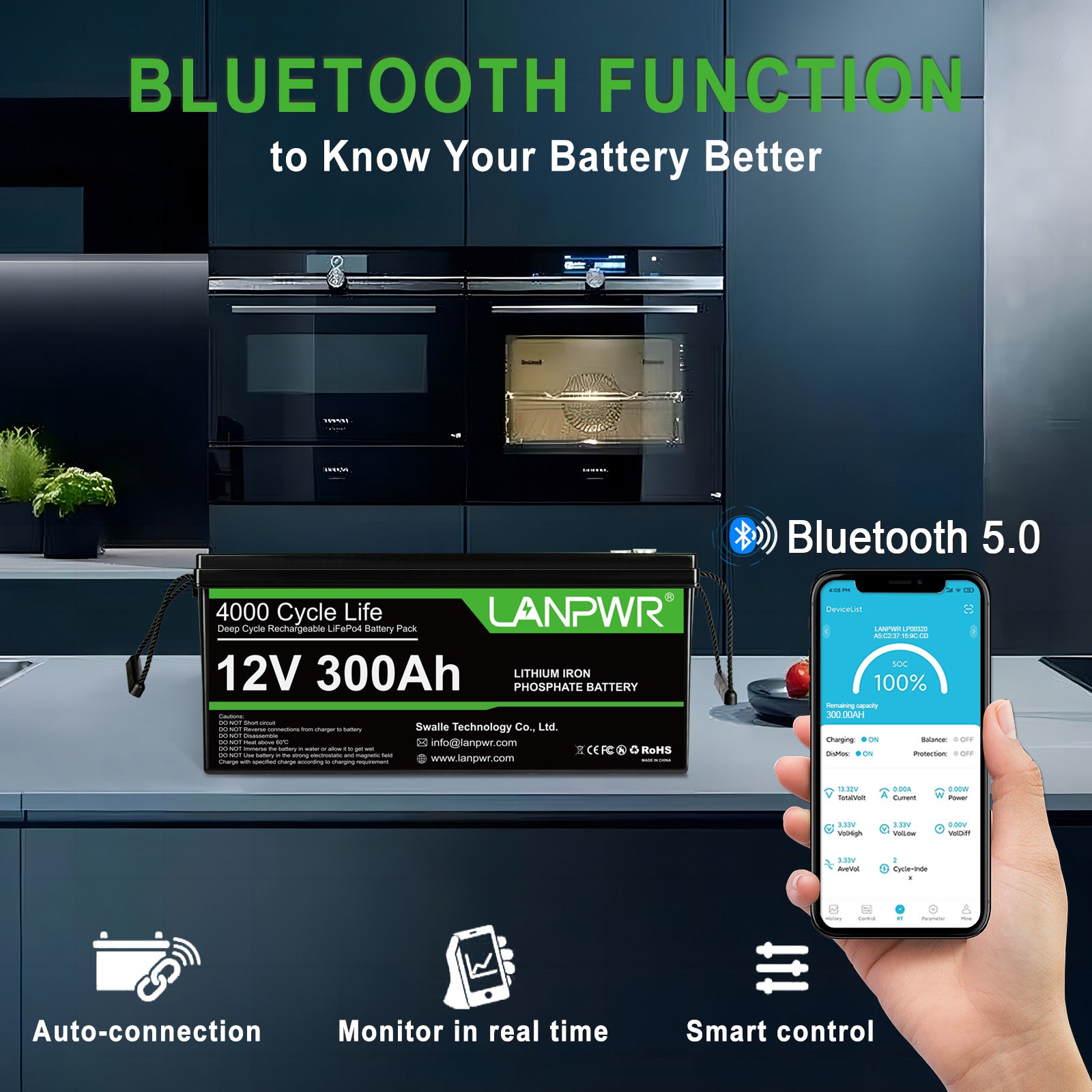
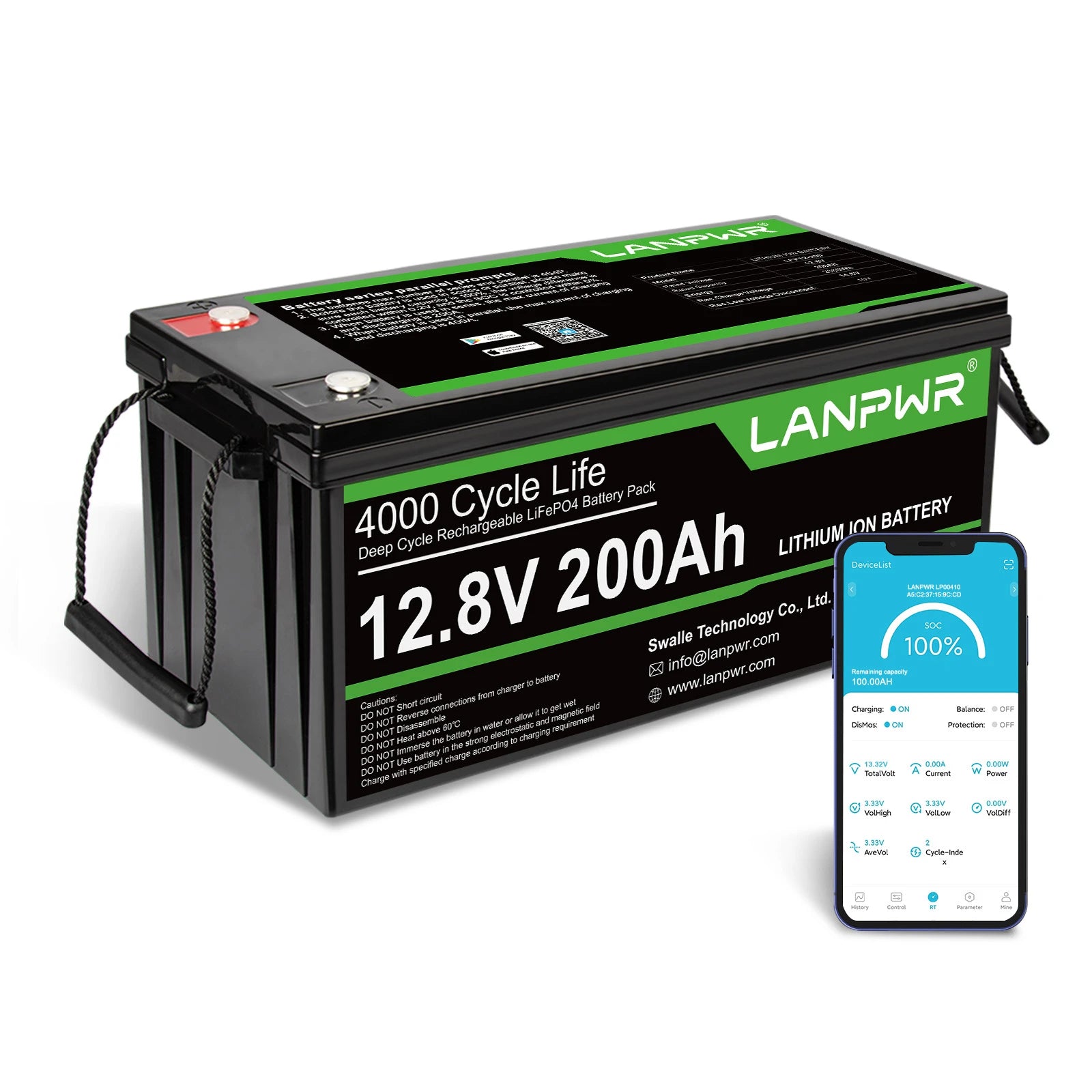
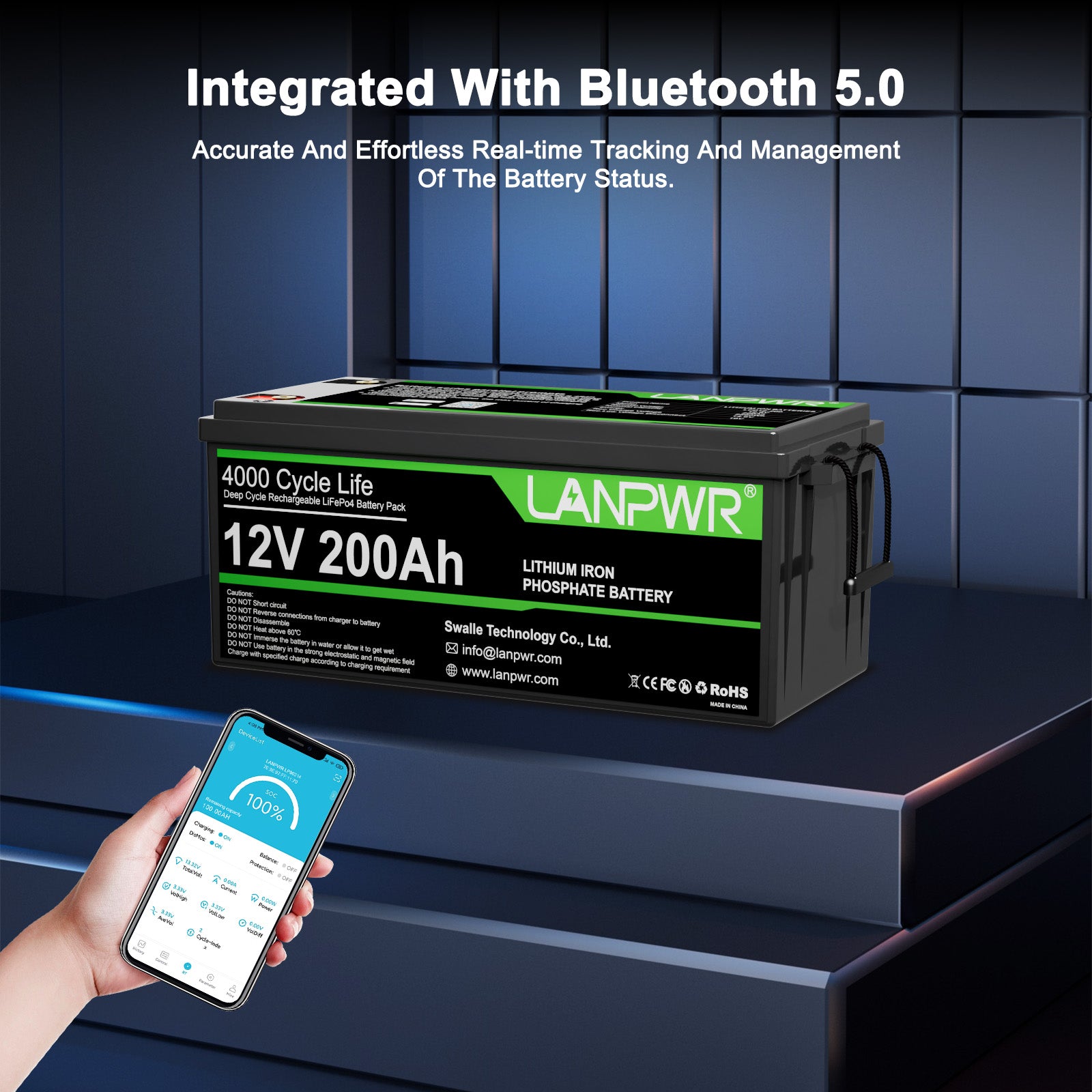
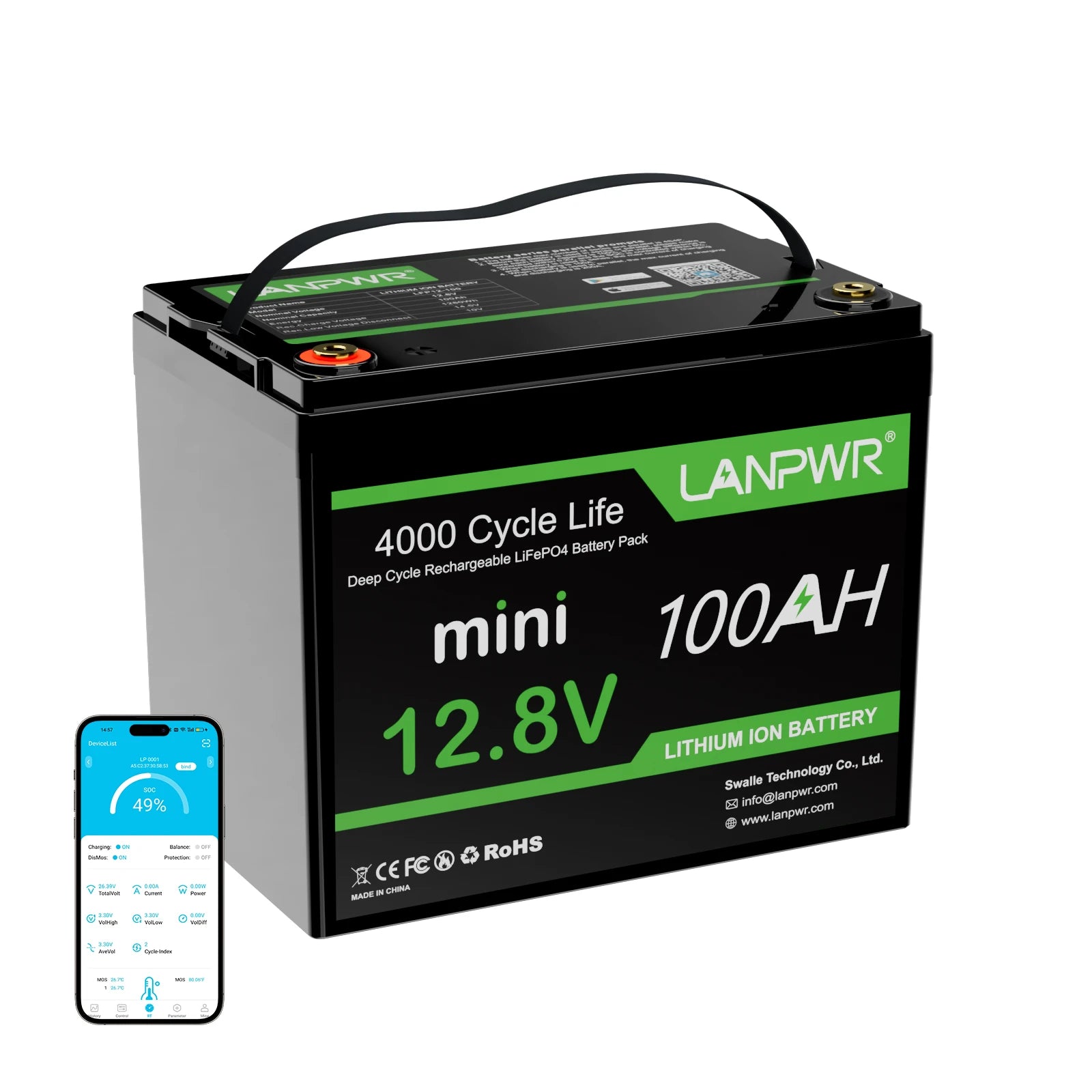

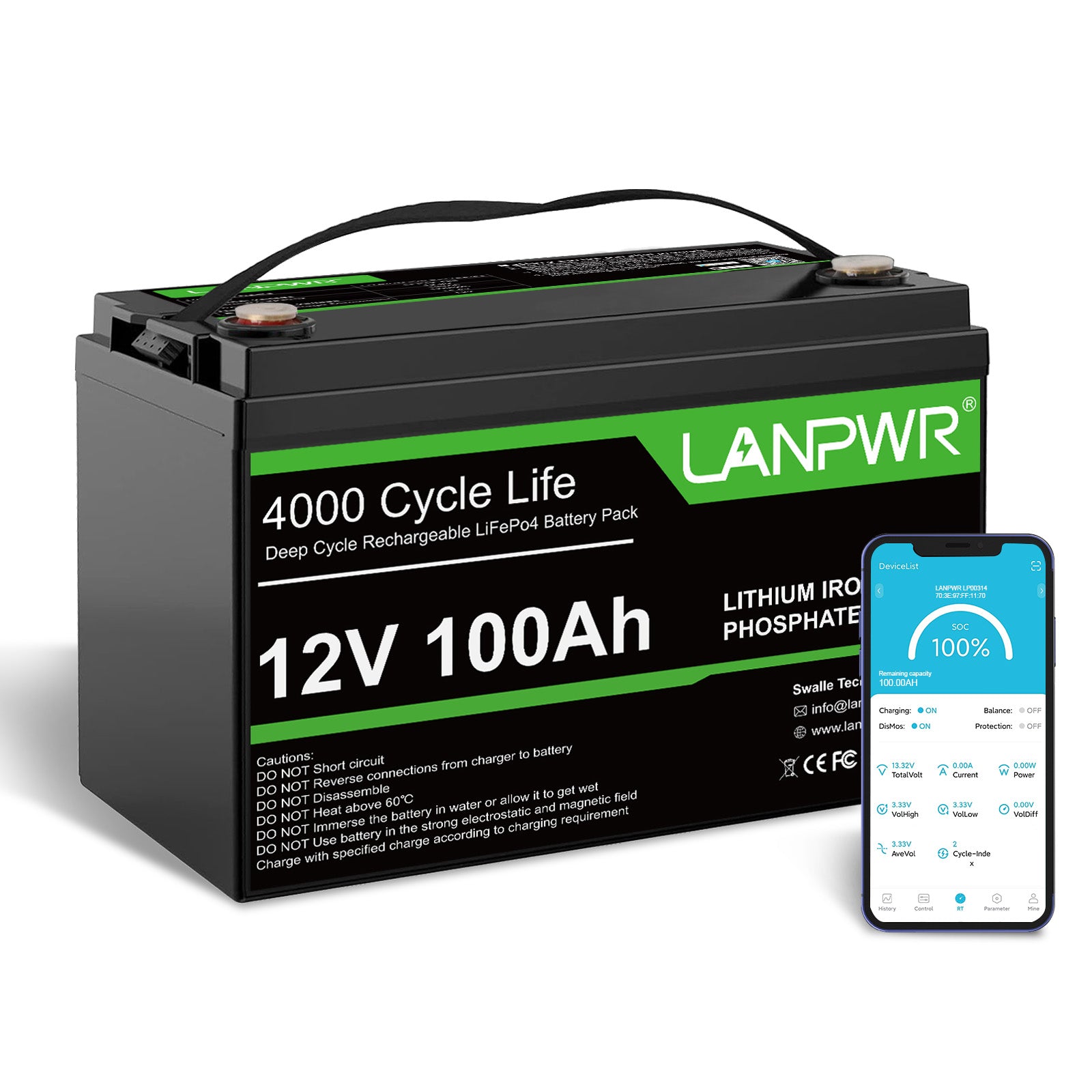
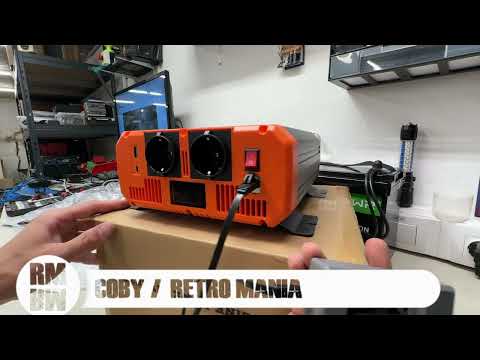
Leave a comment
This site is protected by hCaptcha and the hCaptcha Privacy Policy and Terms of Service apply.